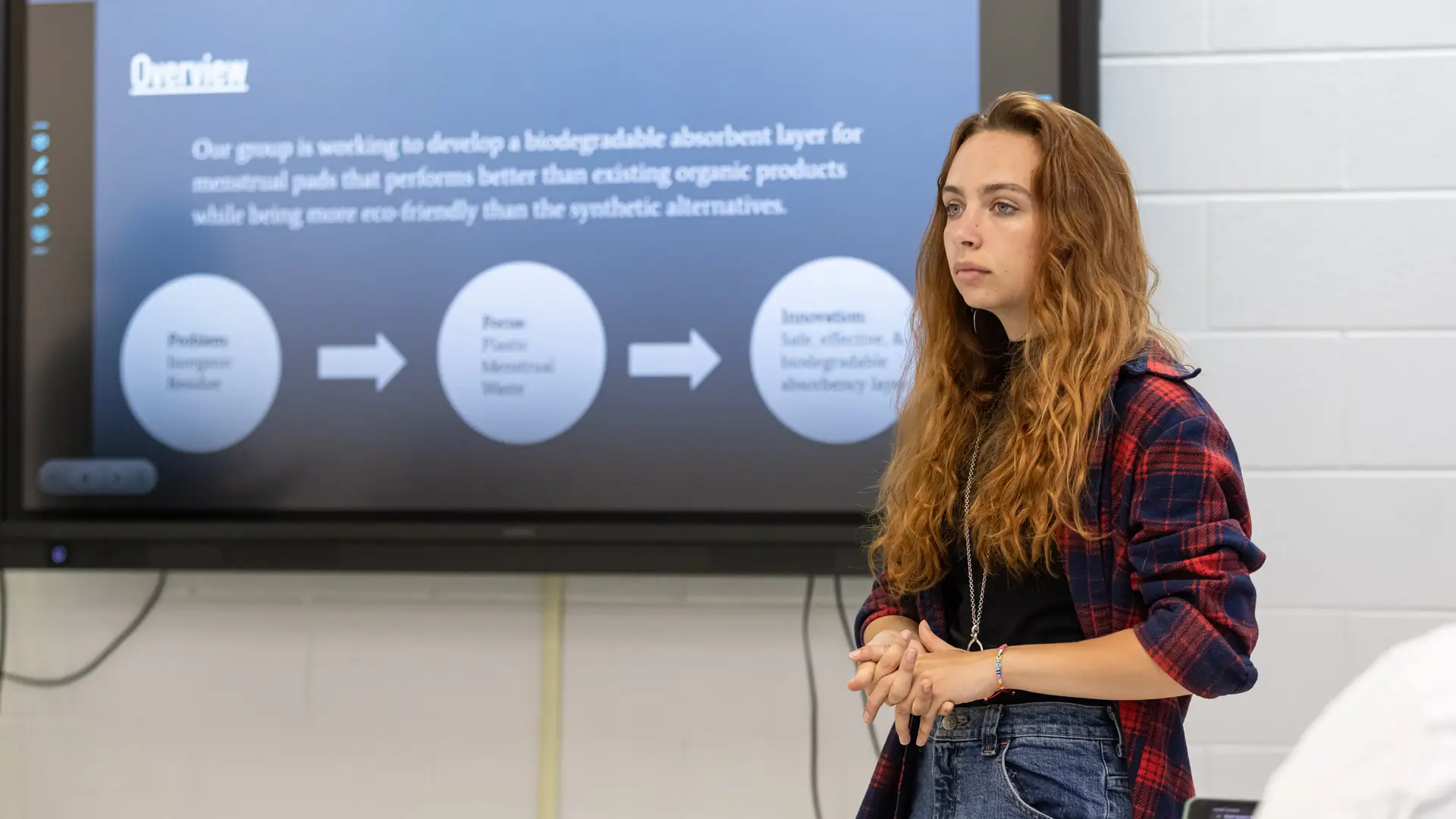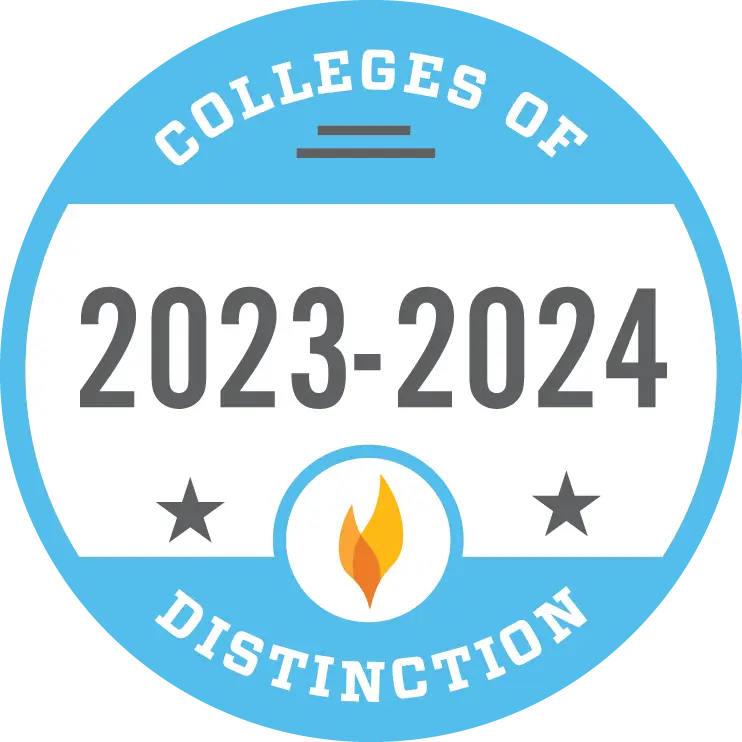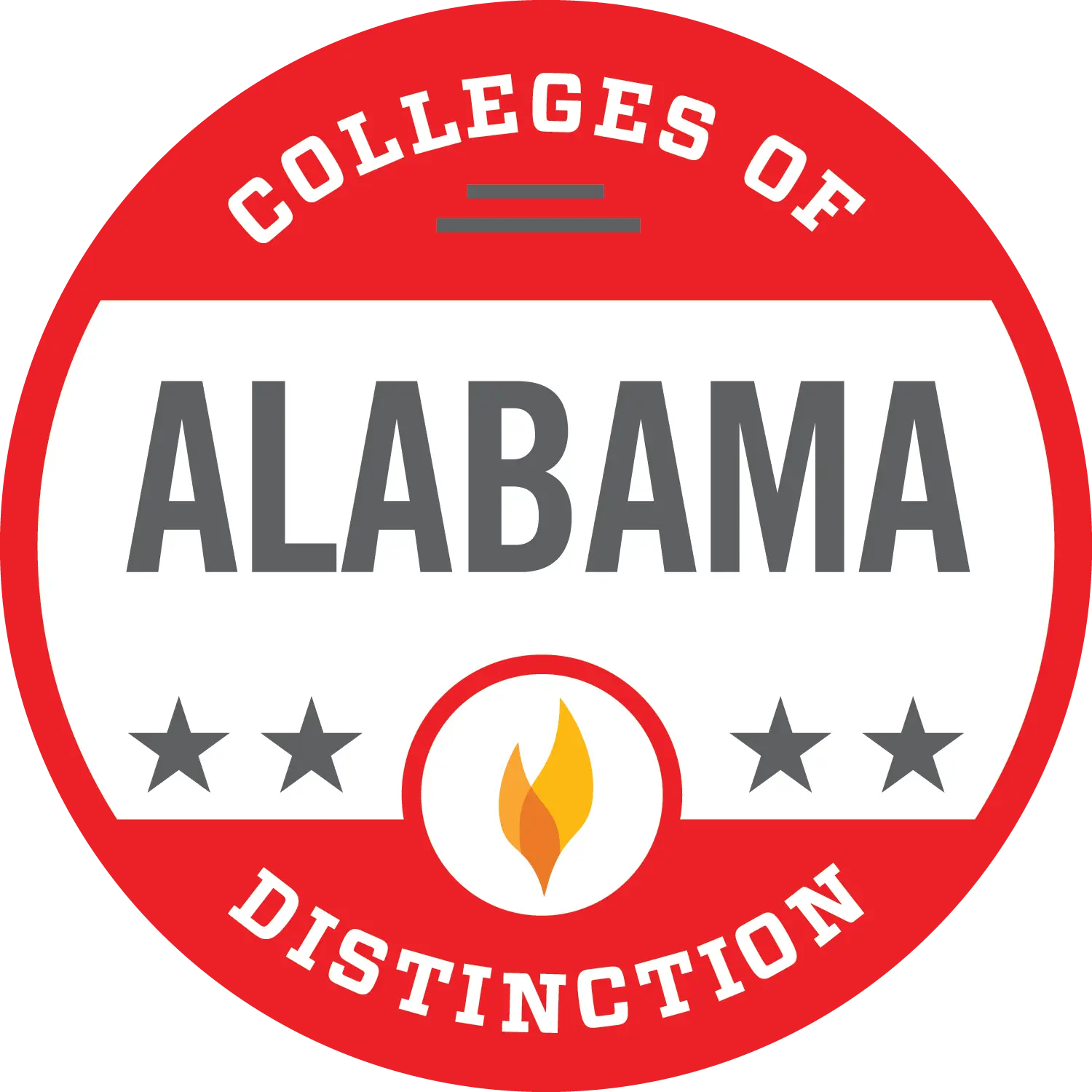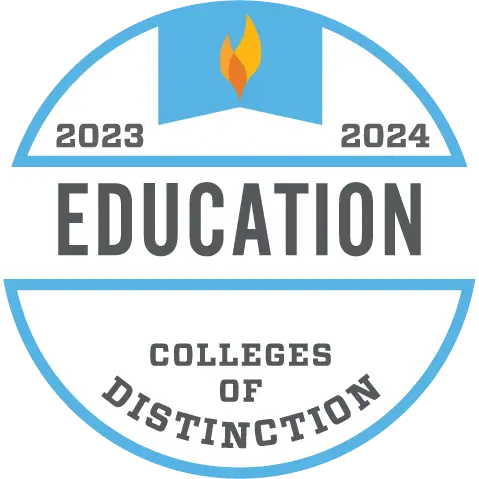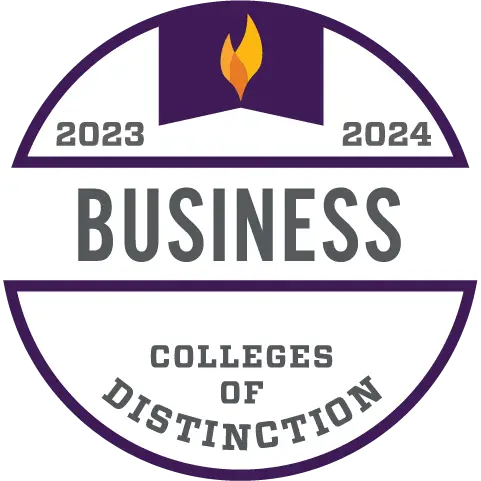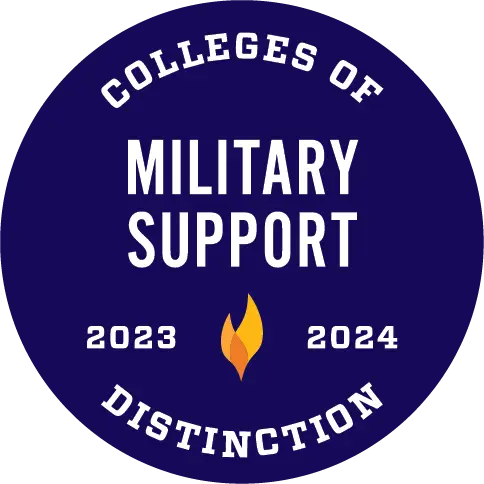Seven students, three faculty to present research findings, mitigating measures in Brazil next week
By David Miller
Fermented biofuel. Biodegradable flowerpots. PVC pipes with permeable layers to filter out heavy metals.
Innovative ideas to reduce pollution and promote a safe and sustainable world are being tested in research labs across the world each day.
But, at Stillman College, these potential solutions to help reduce microplastics and nano-plastics pollution have been developed and studied by an unlikely group: Stillman undergraduates from both the hard-sciences and majors such as business, religion, and journalism.
This multidisciplinary team of eight students from Stillman College, powered by a $40,000 grant from the Partners of the Americas, will present their research findings and innovative ideas to partners in Brazil, beginning March 12.
“I love my school, so I’m involved with everything,” said Jaela Williams, a junior criminal justice major who is developing project lesson plans for an elementary school in Brazil. “But I’m really grateful to be a part of this project that will build lasting relationships on campus and across the world.”
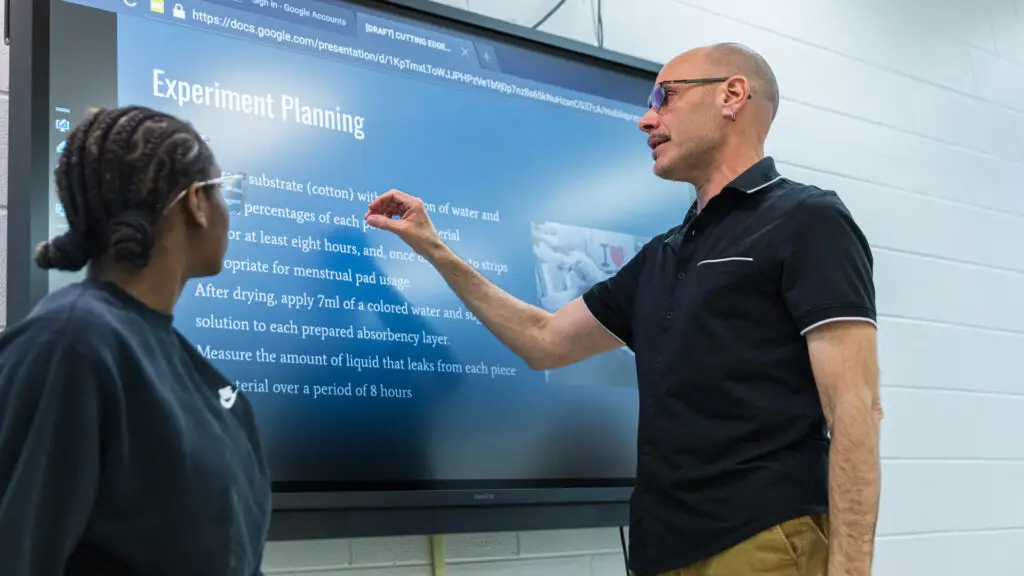
Through the 100,000 Strong in the Americas Innovation Fund, supported by the U.S. State Department and various U.S. Embassies, Stillman College is part of a global network of companies, foundations, and education institutions working to strengthen collaboration among governments, businesses, and academia.
While in Brazil, the Stillman team will meet and present to the following partners: Firjan SENAI Institute of Innovation in Green Chemistry; the Federal University of Rio de Janeiro; Macromolecule Institute; and an elementary school.
While Stillman’s team was initially formed shortly after the grant was awarded four years ago, the COVID-19 pandemic halted momentum before the team rebounded in 2022 and began to settle on a handful of projects to address plastics pollution in Brazil, which has the largest coastline in South America and the continent’s “heftiest” plastics waste problem, with over 325,000 metric tons entering the ocean each year, according to oceana.org.
“When we got started, Dr. (Jesse) Wheeler (faculty advisor) presented the idea and problem, and we started the brainstorming process,” said Carla Louca, a religion major. “We’d gone through multiple ideas and were limited due to health and safety, and the feasibility of the project.
“But the group here has engaged with various partners in the community, such as Waste Management and recycling facilities, to gather ideas and help develop our projects.”
Wheeler, chair of the Art, Music & Language Education Department at Stillman, is one of three faculty instructors for Stillman’s team and helped write the grant proposal in 2018. He said the uniqueness of the project – working on global issues through a local focus – is challenging, in that “what works one place may not work elsewhere.” But, in the team assessing needs locally and helping justify project measures, students can potentially formulate broader solutions that could take hold in some form in Brazil and beyond.
“Our goal is to give local students the chance to ideate and innovate in areas that are really important to people around the world,” Wheeler said. “By bringing together students from different disciplines, facilitating collaborations, and thinking about what their strengths are on a larger project, we’re enhancing students’ ability to visualize what they have to contribute – though from different backgrounds – to a team.”
Teamwork
Like any team-based work, communication and commitment are cornerstones – and hurdles – to ensuring the success of a long-term project.
And with COVID-19 restrictions and students graduating, developing consistency – both in individual contributions and collaborative work – and camaraderie between team members, would create turnover for the group over the last few years.
But challenges present opportunities to grow; Wheeler said the team’s internal communication has improved tremendously, and team members have formed trust that will “undergird the project.”
And while building trust doesn’t happen overnight, looming deadlines have created urgency and sparked momentum.
“I don’t want to get [to Brazil] and not know what I’m doing,” said journalism major Susannah LeMay, who is tasked with procuring materials for an experiment of a sanitary pad made partially of chitosan, a sugar that comes from the outer skeleton of shellfish.
“We’re often thinking, ‘when can I find time to work on this?’ and ‘what am I going to be doing to support this part,’ so project management is a skill we’re all learning,” she added.
Over the last year, students have met in person up to twice a week and engage with one another through texts and emails each day, Louca said. Over the last few weeks, students have fine-tuned their presentations with the help of both Wheeler and Dr. Tasha Drake, assistant professor of chemistry at Stillman and co-instructor for the team. Wheeler and Drake have critiqued the students’ slide presentations and oral deliveries and have recommended improvements such as the use of compelling statistics and anecdotes to help them form instant connections with the audience.
Wheeler said he’s eager for the team to not only share what they’ve learned with their partners in Brazil, but for this group to set Stillman’s foundation for “professionalizing opportunities” in other countries on a regular basis.
“My dream isn’t the moon – it’s the earth,” he said. “To every continent, where they’re meeting their peers and contemporaries to talk, imagine and create prototypes together and to try to carve out a space for themselves where they’re contributing something.
“It’s gratifying, and it’s making them feel like citizens of the world.”
Stillman Team (students):
- Carla Louca, religion
- Susannah LeMay, journalism
- Jaela Williams, criminal justice
- Sarah Fechtali, biology
- Helen Duncan, biology
- Melissa Mason, chemistry
- Kennedy-MyCal Davis, business
- Ayana Green, biology
Stillman Team (faculty):
- Dr. Tasha Drake, assistant professor, chemistry
- Isaac McCoy, dean, Stillman School of Business
- Dr. Jesse Wheeler, chair, Stillman Art, Music & Language Education Department and Director of International Education

